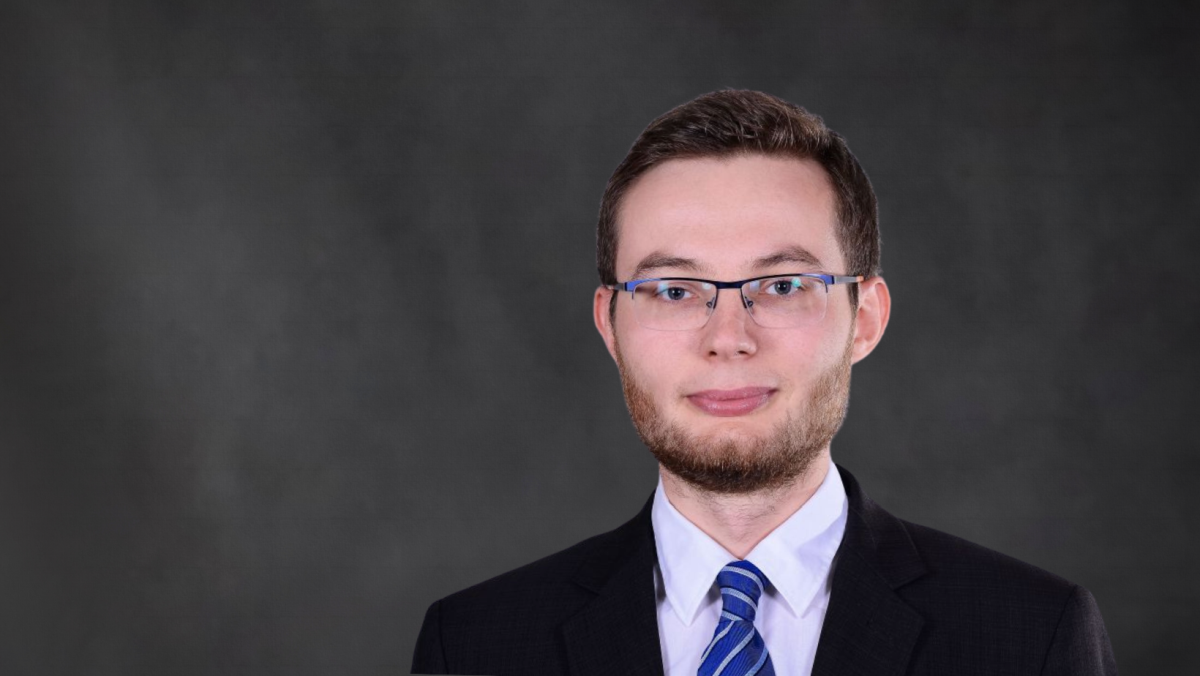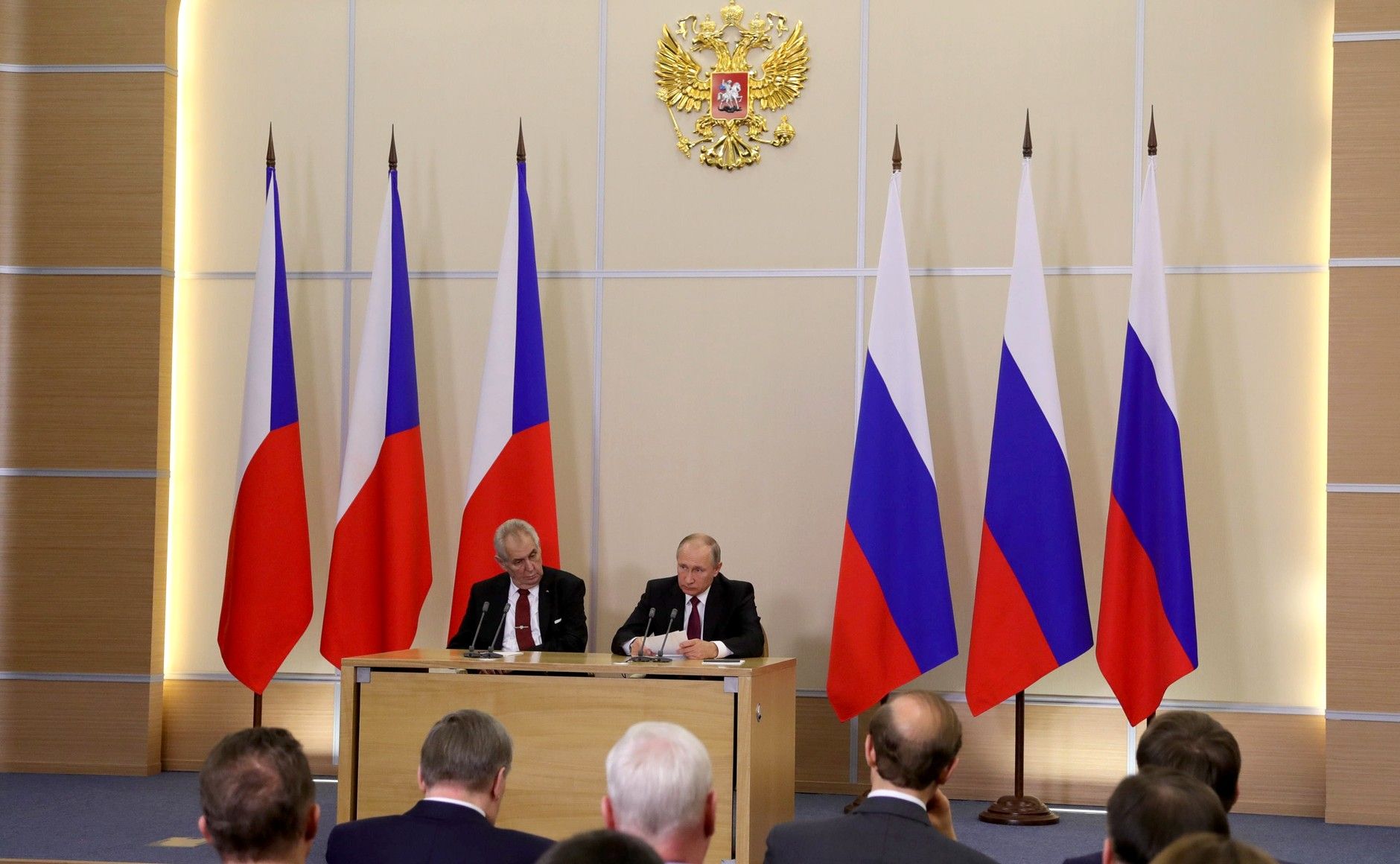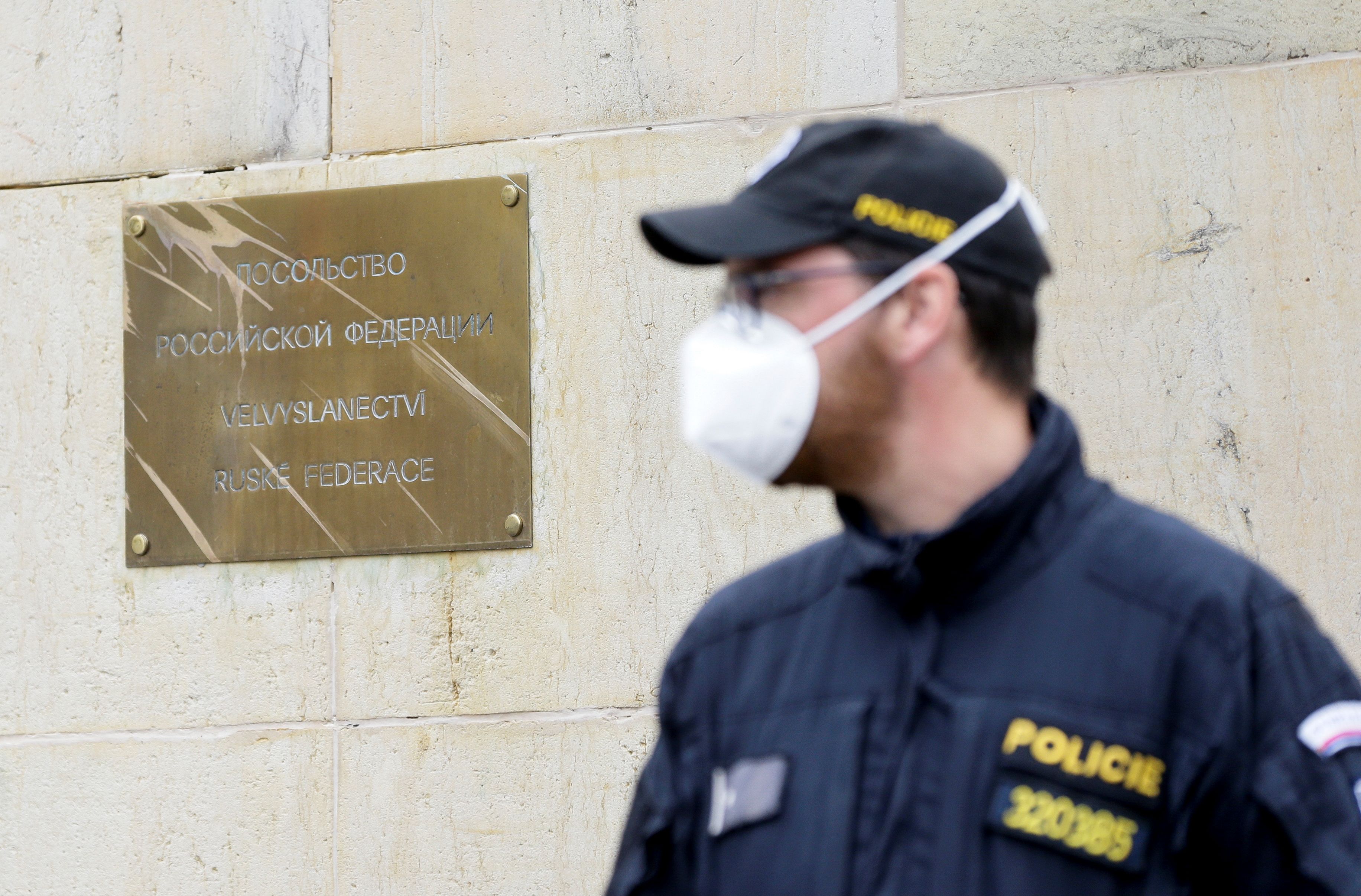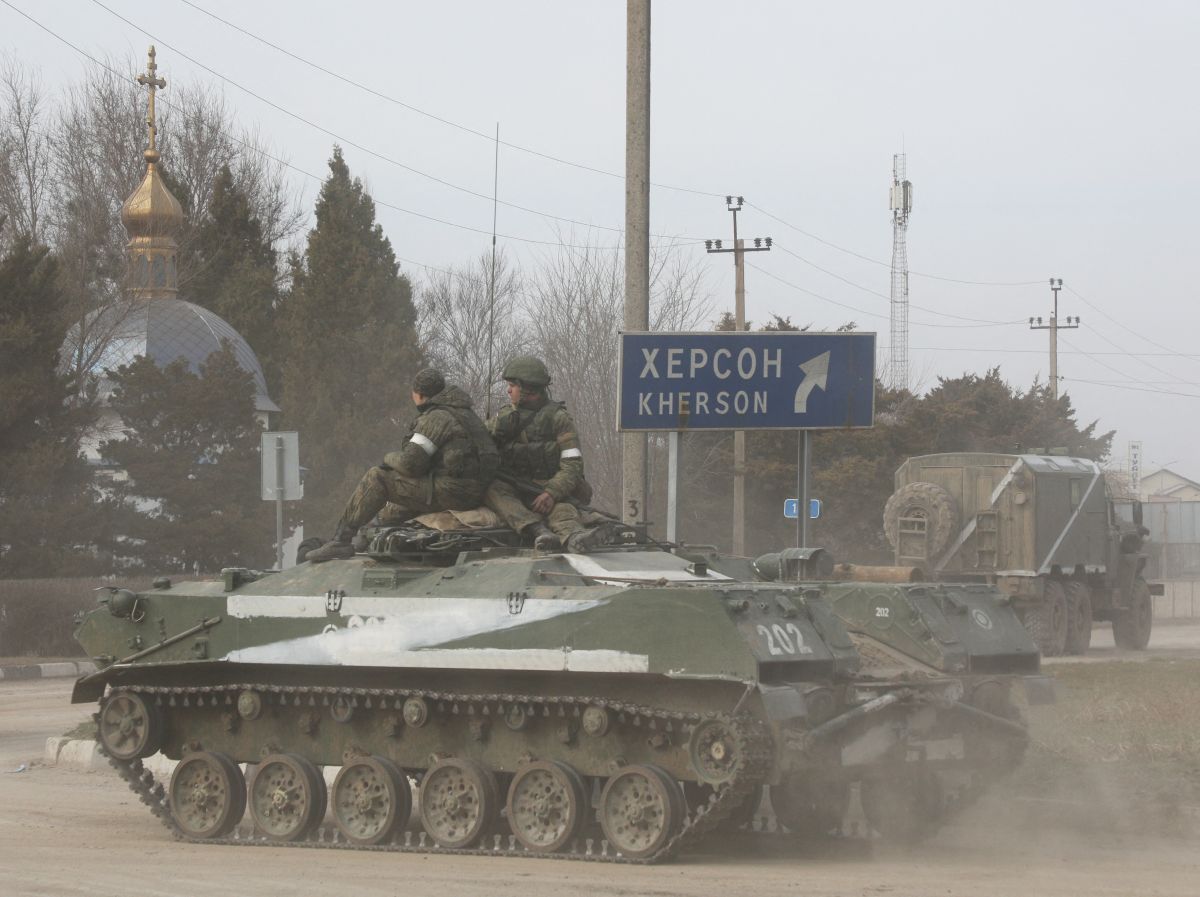Czechia's Reaction to Russia's Latest Military Aggression Against Ukraine
Czechia, in response to the Russian invasion of Ukraine, has acted quickly and multidimensionally. The Petr Fiala government sworn in this year was one of the first in the EU and NATO to provide military support to Ukraine and to close its airspace to Russian planes. The country’s sanctioning of Russia is favoured by, among others, broad political compromise on the issue—including the previously pro-Russia president, Miloš Zeman—the public perception of the war, as well as earlier changes in Czech eastern policy.
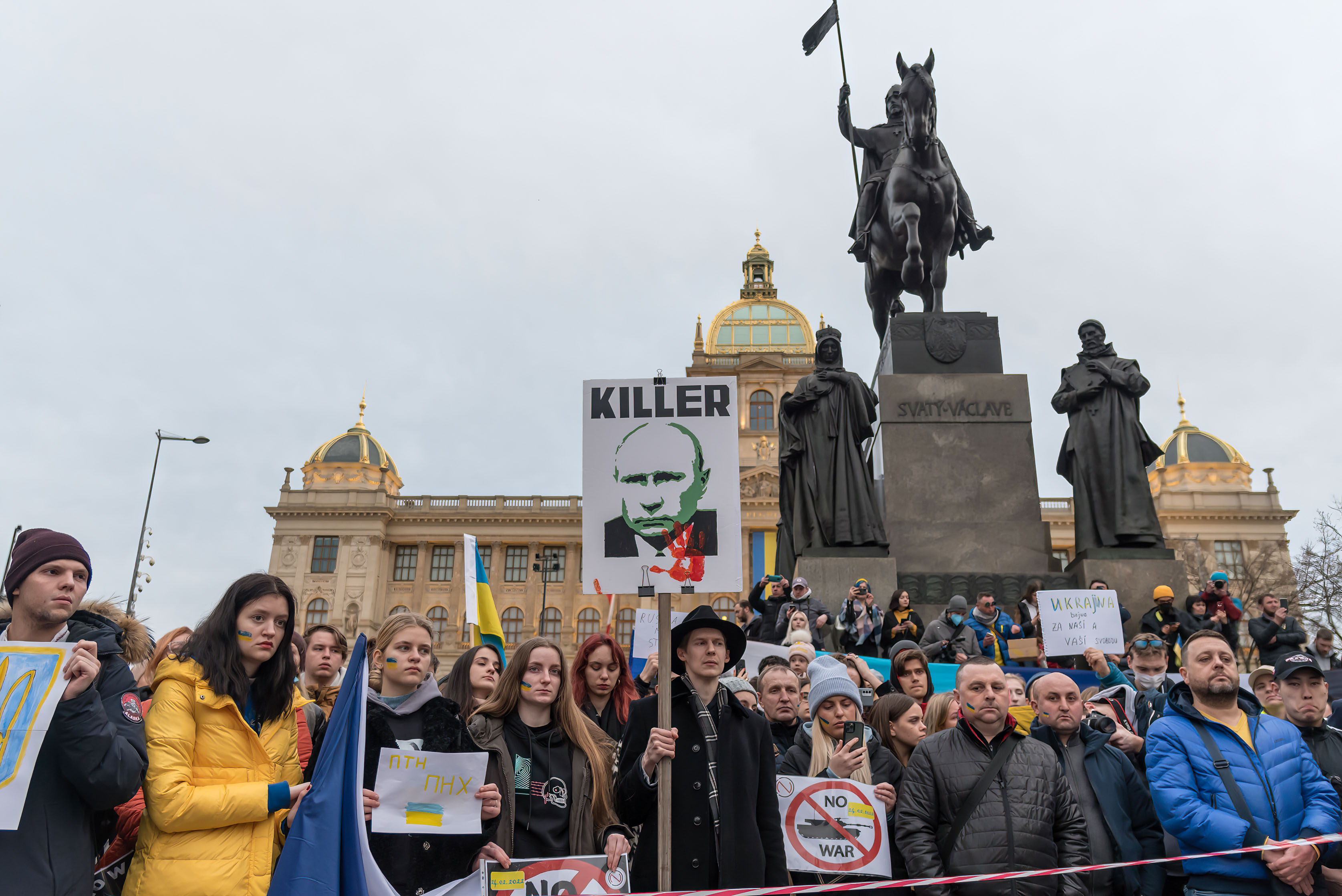 Fot. Tomas Tkacik/Zuma Press/Forum
Fot. Tomas Tkacik/Zuma Press/Forum
What kind of help is Czechia giving Ukraine?
Czechia’s reaction to Russia’s invasion has been reflected in military, humanitarian, and political/diplomatic support for Ukraine. Czechia was among the few NATO countries that had supplied Ukraine with weapons and munitions even before the Russian invasion. The government decided at the end of January to transfer more than 4,000 artillery shells to the Ukrainians. Since the start of the Russian invasion, they have sent assault weapons, machine guns, and sniper rifles, as well as heavy weapons. After the initial exclusion of Czech citizens from participating in armed operations in Ukraine, Fiala announced appropriate legislative changes to make it possible. The military support is accompanied by humanitarian aid. The Fiala government has allocated €60 million for first-aid packages for refugees. Czechia has expressed its readiness to accept refugees from Ukraine, which is supported by 67% of the population.
How has Czechia sanctioned Russia?
The Czech government has opted for a harsh sanctions policy against Russia. Among other things, it supported the exclusion of Russian banks from the SWIFT system and called on the German authorities to do the same. After the adoption of diplomatic sanctions by the EU, Interior Minister Vít Rakušan announced that he would try to persuade the EU not to grant Schengen visas to any Russian citizen. In addition, Czechia, along with Poland and Bulgaria, was among the first EU country to close its airspace to Russian aircraft, enacting the restriction on 25 February. Czechia is also strengthening the collective security of NATO’s Eastern Flank by co-creating a combat group that will be stationed in Slovakia.
What position did President Zeman take?
A substantial change in Czech politics was Zeman’s departure from his general line of sympathy with Russia and backing its influence in Czechia. Just a few days before the outbreak of the war, he criticised the military aid granted to Ukraine, rejected the country’s aspirations for NATO membership, and considered the reports of a possible invasion of Ukraine to be CIA meddling. However, after the invasion, he condemned Russia’s aggression and called for the most severe sanctions to be imposed on the country, including cutting it off from the SWIFT banking system. Together with the presidents of Poland, Slovakia, the Baltic states, Slovenia and Bulgaria, he supported in an open letter of 28 February Ukraine’s efforts to join the EU.
What motivates the Fiala government’s policy?
The political compromise on supporting Ukraine is wide and also includes the largest opposition party—ANO of former Prime Minister Andrej Babiš—but not the far-right party Freedom and Direct Democracy. This approach is supported by the public, 95% of which condemn Russia’s aggression. The actions of the Fiala cabinet are to a large extent a continuation of the policy towards Russia during Babiš’s rule. Bilateral diplomatic relations deteriorated after the disclosure in April 2021 of Russian involvement in explosions at ammunition depots in Vrbětice. The change of cabinet in January additionally strengthened the Czech policy critical of Russia’s actions. This was reflected by, among others, the government’s programme proclaiming the need to revise relations with Russia.


